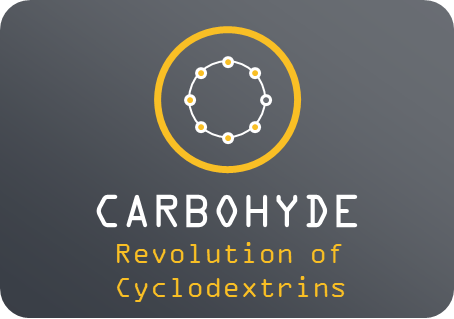Today’s cyclodextrin is a fascinating example of how to use the scavenging capabilities of cyclodextrins to develop tools against natural toxins by Alex Fragoso’s team.
Tetrodotoxins (TTXs) are potent marine neurotoxins involved in humans’ poisoning cases after consuming some marine organisms. In this work, five insoluble cyclodextrin polymers with different chemical structures have been investigated as novel clean-up materials for oyster extracts containing TTXs.
The best recoveries have been achieved with βCDP-14-DS2 (∼100 %), which allowed exposing cells to 27-fold higher oyster matrix concentrations and decreased the LOQ down to 46 µg equiv. TTX/kg.
Then, the applicability of this strategy has been demonstrated with oyster extracts from The Netherlands and comparing the results with immunoassay and liquid chromatography-tandem mass spectrometry (LC-MS/MS). This clean-up strategy combined with CBA could be implemented for TTXs detection in monitoring programs to ensure seafood safety.
β-cyclodextrin polymer as tetrodotoxins scavenger in oyster extracts – ScienceDirect

